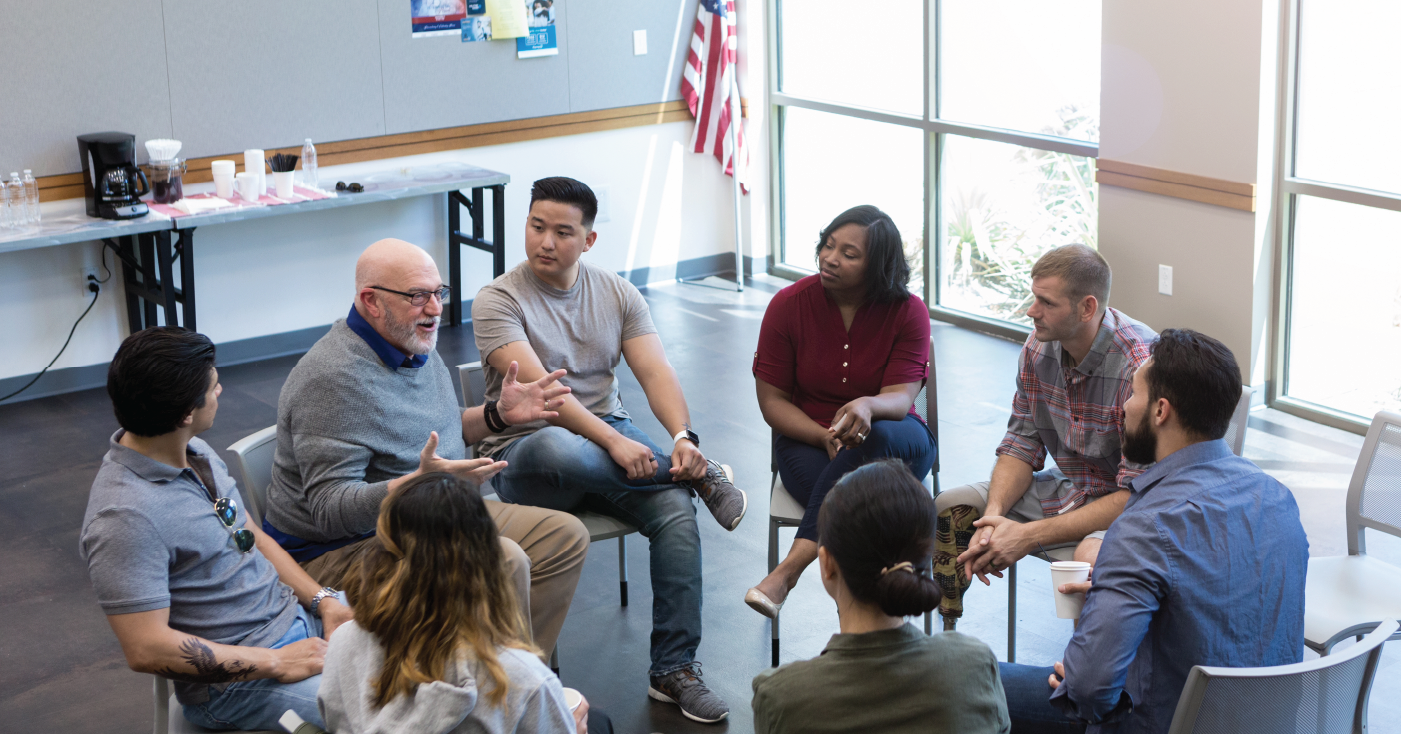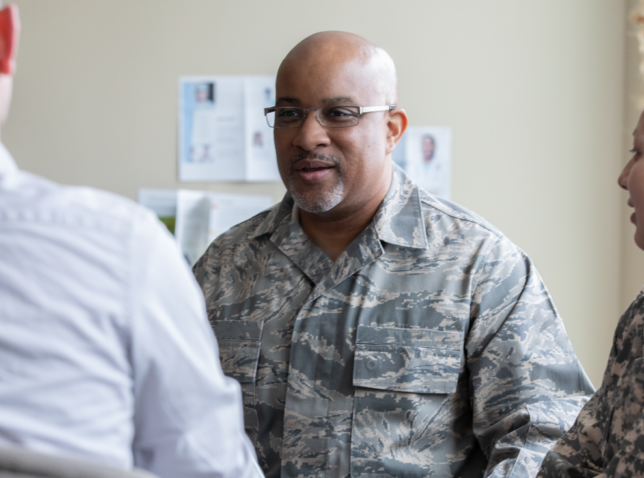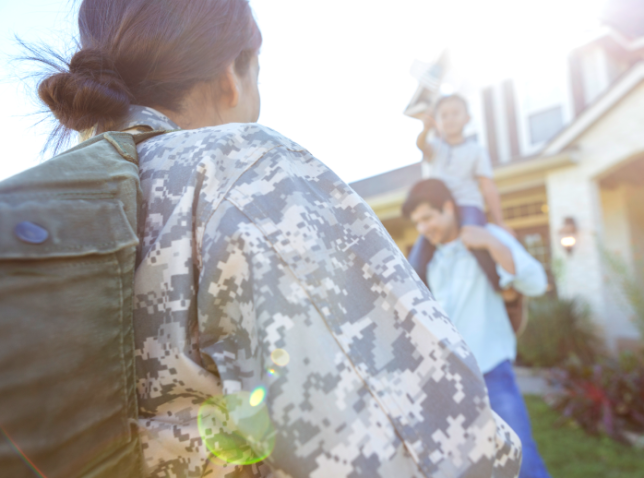Instilling Character in the Next Generation of Leaders
After my brother, First Lieutenant Travis Manion, was killed in Iraq in 2007 on his second tour of duty, our family started Travis Manion Foundation (TMF) to provide support to veterans and families of the fallen. When my mom wrote our mission statement, she added the short phrase, “to play a part in helping to create the next generation of leaders.” I didn’t realize at the time how integral that phrase would become to the foundation’s overall goals.

Today, our mission is to empower veterans and families of the fallen to instill character in the next generation. We achieve this by offering programs, training opportunities and events that are designed to develop emerging leaders, while also providing our Spartan members with the tools to identify their strengths and passions.
As part of our programming, TMF has an ongoing initiative where veterans are invited into schools to share their stories of leadership and service as a way to inspire our youth to become service leaders in their communities. We even have developed a more in-depth 10-week Character and Leadership Course as part of our partnership with numerous high schools across the country, which has taken on a pivotal role in the new world of virtual education.
Ultimately, by challenging our youth to live by the “If Not Me, Then Who” ethos, we’re teaching that everyone can have a positive impact, no matter how small the action.
Changing lives by inspiring change
When speaking with at-risk youth across the country, I often wonder if I’m making an impact. However, after one particular presentation at the United States Naval Academy, my concerns were put to rest.
A young woman came up to me after the presentation and said, “I want to introduce myself. I graduated from West Philly High three years ago. You came and spoke when I was a freshman, and it changed the entire trajectory of my life. Before you came and spoke, I didn’t have plans to go to college. No one in my family went to college. I’d never heard of the Naval Academy. I knew nothing about it, and after you left, I changed what I wanted to do with my life. So, if you’re wondering if you’re effecting change, you are.”
It’s moments like this when you realize everything has come full circle and that it’s all worthwhile.
Building character, creating connection
The idea of character-based education is desperately needed in our society and it resonates with our veterans. After they end their military service, one of the biggest challenges many veterans face is losing that connection to something bigger than themselves. Many of the veterans in TMF programs have found that working with kids — and teaching them about what it means to be a leader — is an avenue to regain that connection.
We’ve worked with veterans who have been in tough places with substance abuse, mental health challenges, and difficulties holding a job. Because of TMF, they come to understand that while their service in the military may be finished, there is still work to be done and they are still needed. Veterans are uniquely positioned to cultivate a lasting legacy of service. With initiatives like the Spartan Leadership Program, a 7-month self-development course, we’re able to hone and leverage their leadership skills, and have them apply what they’ve learned back in their communities.
As our program has grown, veterans refer other veterans to us because there’s a continuum of care in the way we work with them. Veterans may engage with TMF through other opportunities like Operation Legacy Service Projects, or through our 9/11 Heroes Run. But what we’ve seen consistently is that once they’re engaged they want to find out how to stay connected and involved with the work that TMF is doing. Recently, we partnered with Syracuse University’s Institute of Veterans and Military Families (IVMF) to conduct a study of the impact of our programs. IVMF researchers found that the more engaged with TMF initiatives that participants were, the more they experienced physical and mental health outcomes. The study also found veterans who continue their service after the military as mentors in TMF’s youth character development program, experienced especially positive outcomes to their overall well-being and mental health.
Expanding a partnership that benefits veterans
We started as a small memorial fund in the Philadelphia area and today, we’ve inspired over 300,000 youth and empowered over 60,000 veterans and families of the fallen. Thanks to the support of companies like Penn Mutual, we’ve been able to expand our vision and make a greater impact throughout the country.
Our partnership with Penn Mutual began in 2015 and we’re grateful for their continued support. Penn Mutual’s commitment to the success of TMF is evident as they value community and continuously support our veterans and their families, some of whom have launched successful post-military careers with the company. I’m a firm believer that when the partnership is genuine and values are aligned, meaningful change can be achieved.
If you or your family would like to get involved with Travis Manion Foundation, please visit our website. We welcome veterans and non-veterans alike to join our Spartan community. This past year, we’ve adapted many of our in-person opportunities to be offered virtually, including our National 9/11 Heroes Run 5K Race Series, Character Does Matter program and Operation Legacy service projects, which further demonstrates the resiliency of our program. You can also join one of our local chapters as a volunteer.
Character is often defined as doing the right thing when no one is looking. At TMF, we’re working to instill this idea in our next generation of leaders, but it’s worth noting that for each of us to live a life of character, we must actively choose to do so. The first step in accomplishing that is to ask yourself, “If Not Me, Then Who…” each and every day.
3310074CC_NOV22




